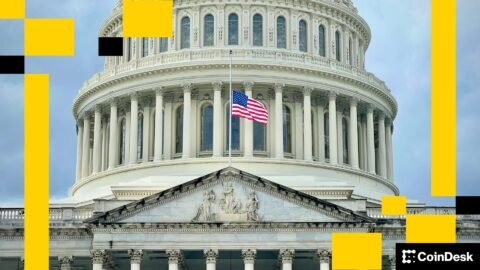Tokenized AI will democratize access to the world’s most valuable resource, argues Brukhman.
Opinion
It’s about deposits and who gets paid on them, argues Le.
If BASE becomes economically tied to COIN, the token would trade not as a memeified L2 token, but as a globally accessible representation of equity-like value.
The crypto industry assumes institutions discover products the way retail traders do: stumbling across them on Twitter, experimenting quickly, and iterating in public. But that's not how asset allocators at
Bitcoin is no longer an outlier, says OKX President Hong Fang. it now behaves more like a macro proxy — one that traders use to express their views on growth,
The fight over stablecoin yield is less about protecting consumers and more about protecting banking incumbents, argues Bill Hughes, Senior Counsel and Director of Global Regulatory Matters for Consensys.
Allowing crypto exchanges and other intermediaries to offer yield-like incentives on payment stablecoins would pose significant risks to local economies, argues Kevin Paintner, chairman of the Independent Community Bankers of
The banking lobby’s efforts to revisit or reinterpret Congress’ decisions regarding stablecoin rewards are driven by attempts to re-litigate settled law and blunt competition after the fact, argues Blockchain Association’s
The huge spike in onchain gold signals is that DeFi investors are planning to stay in DeFi, even when the tide turns, argues RAAC founder Kevin Rusher.
A platform's onboarding polish should not be confused for its ability to execute trades and handle immense volumes, argues Bridgeport co-founder and CCO Chris Soriano.
Load More











